Wake up at 4:30 AM, prepare and eat breakfast, take a shower, leave for work, go through the traffic, arrive at the office and work for eight hours; go home at six in the evening and travel back home. This is a typical day for every Filipino office worker. It’s a daily routine. You’re even lucky if you work a normal 8 to 5 job, at least you have a normal sleep and weekends off. If you’re a call center agent and works in the night shift, you could only imagine the world in reverse – sleeping in the morning and alive at night, dealing with 100 calls per shift. If this is your daily routine, it is not surprising that anyone can get burned out.
Once in a while, you need a break. What’s the best way to spend a well-deserved vacation leave? Of course, go out of town. Unwind, relax and chill – either under the sun, in a hidden beach somewhere, sipping a cold mango shake; or go waterfall jumping in some unexplored forest, or just simply lie down on a hammock in a farm somewhere. Whatever form may it be, you know for yourself you deserve to be temporarily away from all the stress and hustle that the fast-paced city life brings.
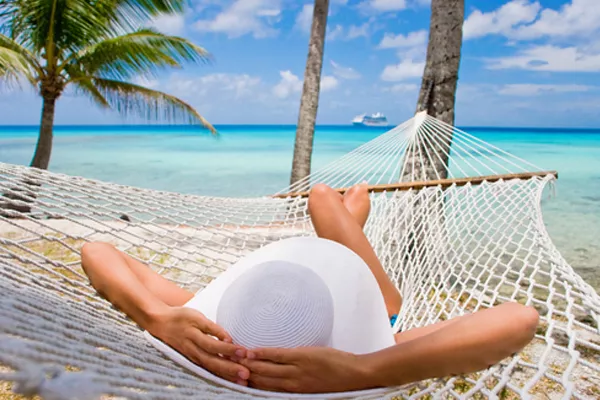
Sun, sand and sea - one of the best ways to distress and unwind
You’re now excited because your three-day vacation leave was approved and started planning where to go. Since this is out of town, you need to pack properly, do your research for directions and make sure that everything goes smoothly. You must remember that driving out of town, into the provincial roads are not always as you could imagine it to be.
1. Out of Town Experience in the Philippines
We personally love driving in provinces, may it be to Nasugbu in Batangas or Los Banos in Laguna. Either way, seeing more nature than buildings is super comforting for us. Whenever we open our car windows along Tagaytay, you will really smell fresh pines and feel the cold wind brushing your face – something you will never ever get when you’re in the city. It’s also relaxing to watch people in the province go through their daily lives in a very relaxed manner, without so much rush like they have the time in their hands. The slower paced life in the provinces will just make you want to stay there and live a normal, easy life. Besides the make-me-want-to-leave-the-city province lifestyle, the more important thing to know for every out of town trip is how the outskirt roads go.
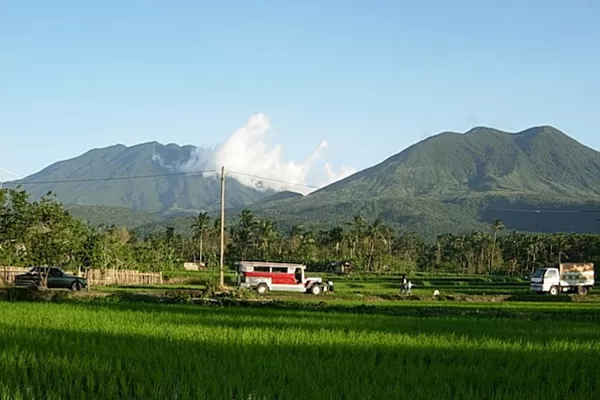
Something you will never ever get when you’re in the city
2. Driving in the Provinces
You won’t get to your destination if you don’t go through the provincial roads. What is it like driving in the provinces? It’s absolutely different compared to the city. This is due to several reasons, let Philkotse.com show them what they are:
2.1. The quantity and type of vehicles you’ll encounter are different
If you travel just outside Manila, like the nearby provinces of Laguna, Batangas or Bulacan, you’ll notice that they are also slowly turning into cities. So definitely the cars in these areas are also growing in numbers. The difference is that it is not as crowded as in the capital. Yes, cars will be around but most of them travel to the metro every day because most works are in Metro Manila. If you’ll encounter vehicles along the way, it will more of local ones like jeepneys, tricycles, pedicabs, bikes and motorcycles. One thing you’ll remember them for is that they like to stay in the middle of the road, regardless if they need or don’t need to take a turn.
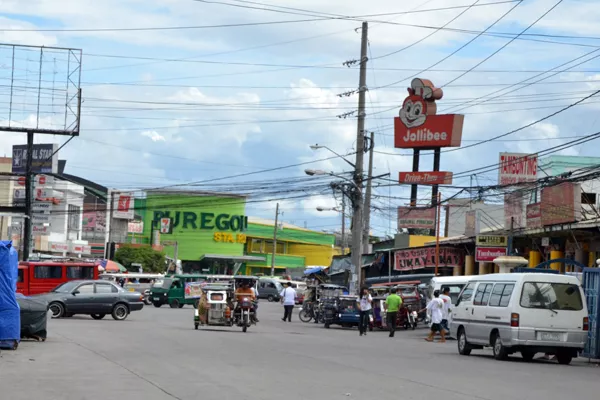
If you’ll encounter vehicles along the way, it will more of local ones like jeepneys, tricycles, pedicabs, bikes and motorcycles
2.2. Roads are less dense, hence smoother rides
This could be a result of the first one I mentioned. Lesser four wheels, more street space, means wider roads and smoother rides, shorter traveling time to your destination.
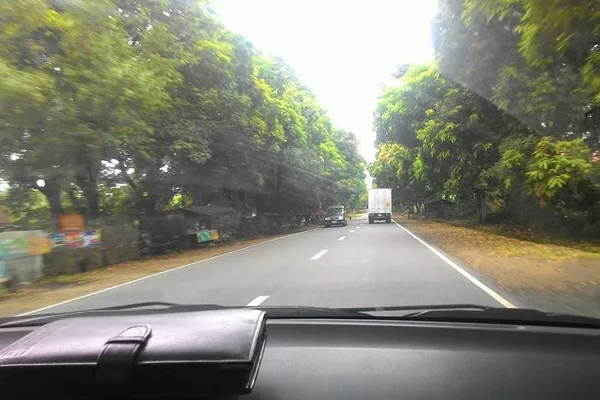
Roads are less dense, hence smoother rides
2.3. Traffic Cause
If ever you will encounter traffic in the provincial areas, the only possible reasons are accidents and jeepneys, tricycles and other local transportation that picks up and lets down a passenger in the middle of the road.
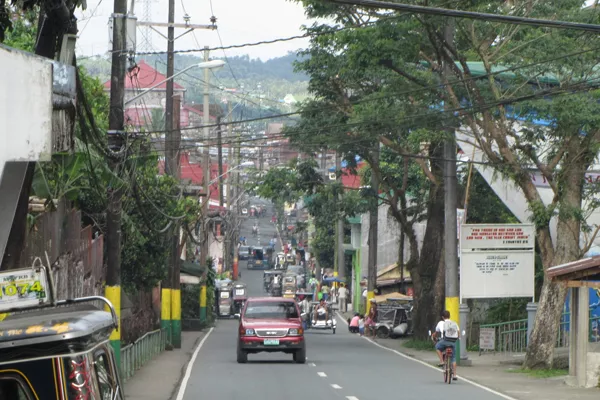
Fewer cars, more PUVs in the provinces
3. Things to Keep In Mind When Driving in the Province
3.1. Be alert and aware of what’s going on outside your vehicle
Just because it is more laid back in the province than in the city, and there aren’t as much traffic and vehicles around, means you can just drive your car carelessly. Having wider roads means pedestrians can also be more careless while walking or crossing the streets. Given that there are fewer vehicles, people tend to think that it is safer to walk along the sidewalk or crossing the highway directly rather than using the pedestrian lanes or overpasses. Please be mindful of your surroundings especially near schools because usually kids in provincial areas, even those who are very young, goes to school alone, walking along the national highway.
>>> Also check out:
- How to respond to on-road emergencies
- 9 must-know safety tips for mountain driving
- 5 long drives tips to prep your car (and yourself)

Always be mindful of your surroundings
3.2. Drive Slowly
Still, drive slowly and cautiously. This will not only keep you and the people outside your car safe while going to your destination, but it will also give you the opportunity to see underrated places along the way that could be a good catch. Who knows, you might find great restaurants or fast food with great food at affordable prices. You might also discover antique shops with rare finds, or a good place to hang out. If you just glide, you’ll be surprised at the wonders you can possibly find. It will also make your ride enjoyable.

Take a slow and easy ride
3.3. As much as possible, don’t overtake slower vehicles especially in blind corners
This is something that some travelers tend to almost always do in the provinces. With wider roads, comes wider spaces where you can feel confident to just overtake slower moving vehicles. Please be reminded that it is not safe to do that especially when there are blind corners and uphill or downhill sharp curves. You may just overlook an upcoming vehicle which can cause accidents. That is the last thing you’ll ever want to happen.
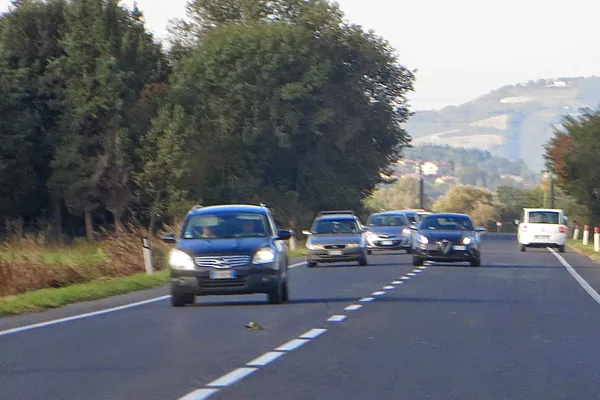
Don't hurry too much for you to overtake other vehicles. Don't compromise your safety
3.4. Always have a map handy
Just in case you get lost in the deserted, provincial roads, make sure that you have a working and charged phone with you and internet to go with it. Google Maps can save your life in these kinds of cases.
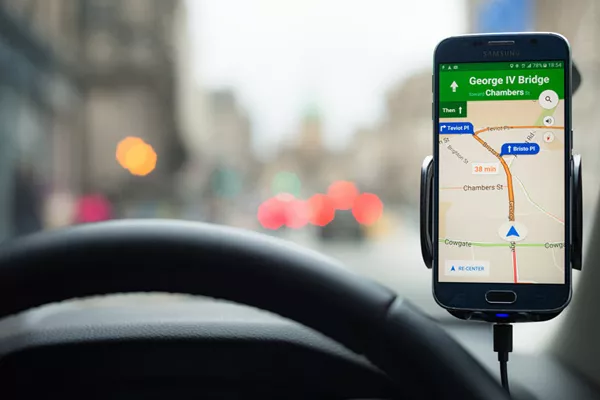
This is your best friend if you're not direction savvy
3.5. Keep your cool
If you encounter slow vehicles and you can’t risk overtaking them for your own safety, just go along with it. You’re there to enjoy every moment of your vacation and not hurry anyway.

Just drive and enjoy
3.6. Remember important landmarks
This will be helpful to you on your way home. Knowing important landmarks can ensure you that you are still in the right direction even without using your phone’s maps. It will also help you next time you drop by the area so you won’t get lost.

Use these landmarks as your point of reference in a certain place
3.7. Take note of your provincial finds
If you find great, affordable, unknown but neglected places in the provinces, make sure you take note of the name and address so next time you’re in the area you can easily find them.
>>> Click here to get more helpful tips and advice for all car owners












